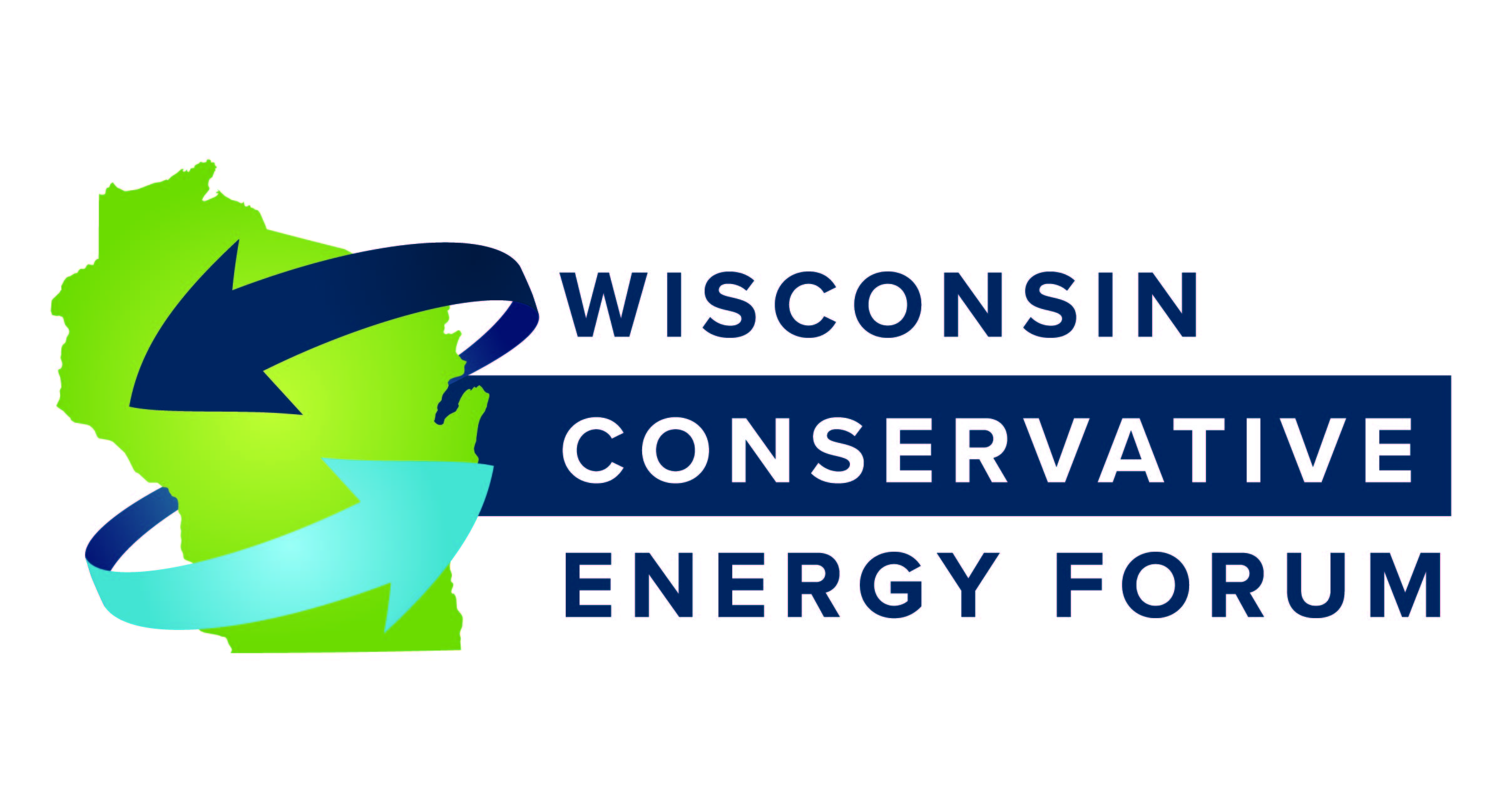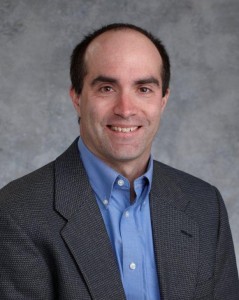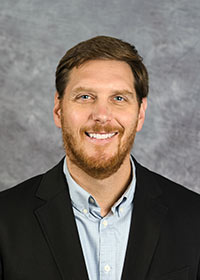
Major changes are happening in energy markets. With the widespread adoption of renewables like wind and solar and transformative energy storage technologies and bio-based chemicals around the corner, the opportunity for market disruption in energy has never been higher.
These opportunities also create challenges for research institutions, private companies, policy makers, and regulators. Join the Wisconsin Energy Institute, the Wisconsin Conservative Energy Forum, and the American Conservation Coalition for an evening of discussion on these opportunities and challenges and a way forward to mark National Clean Energy Week.
The event will begin with a panel discussion that includes Rebecca Cameron Valcq, Wisconsin Public Service Commission Chair; Steve Kihm, Principal and Chief Economist at Slipstream; Andrew Held, Virent's Vice President Engineering and Operations; and Greg Nemet, UW–Madison Professor of Public Affairs and Environmental Studies. Immediately following the panel will be a reception and UW–Madison student poster session.
Register here as space is limited. After 4:30 PM, attendees can park for free in adjacent Lot 41.


Schedule
- Panel discussion – 4:30-5:45 pm
- Reception and student poster session – 5:45-7:00 pm
Moderator and Panelists
 Steve Kihm
Steve Kihm
Moderator
Principal and Chief Economist, Slipstream
Steve Kihm has worked in the utility sector for 39 years, 21 of those at the Wisconsin Public Service Commission. He focuses on utility finance and strategy. His work on disruption has been covered by the Wall Street Journal and Forbes. He has published articles in the Journal of Applied Corporate Finance and the Energy Law Journal, among others. He also co-authored Risk Principles for Public Utility Regulators. He holds a Doctor of Business Administration degree from the University of Wisconsin-Whitewater, master’s degrees in Finance and Quantitative Analysis from the University of Wisconsin-Madison, and a Bachelor’s Degree in Economics With Highest Honor from the University of Wisconsin-La Crosse. He is a Chartered Financial Analyst.
 Rebecca Cameron Valcq
Rebecca Cameron Valcq
Chair, Wisconsin Public Service Commission
Rebecca Cameron Valcq was appointed to the Public Service Commission of Wisconsin by Governor Tony Evers in January, 2019, and will serve as Chair until 2021. Valcq is an attorney who has spent much of her career focused on regulatory, compliance and energy law. Before joining the Wisconsin Commission, Valcq was a partner at Quarles & Brady in the Energy, Environment and Natural Resources group, where she specialized in regulatory and energy law. She was also a regulatory attorney representing Wisconsin's largest utility, We Energies, for 14 years, focused on policy and legislative interpretation, renewable energy contract negotiation, and case work. Valcq is a graduate of Marquette University Law School and Drake University.
 Andrew Held
Andrew Held
Vice President Engineering and Operations, Virent
Andrew Held has over 20 years of broad project management, project engineering, and operations experience. He joined Virent in 2007 and, in his current role, leads the early-stage engineering and project management activities to de-risk scale-up and implement commercial scale projects. He also manages certain business operations within Virent, including IT and Facilities, and plays an instrumental role in leading Virent’s feedstock development efforts with commercial and next generation cellulosic feedstocks. Prior to joining Virent, Andrew had 10 years of operations and R&D experience at Cargill, Inc. where he served on technical, engineering, and operations management teams. Andrew has a BS from the University of Minnesota-Twin Cities and an MS from the University of Wisconsin–Madison, both in Chemical Engineering.
 Greg Nemet
Greg Nemet
Professor of Public Affairs and Environmental Studies
Gregory Nemet is a professor at the University of Wisconsin–Madison in the La Follette School of Public Affairs and the Nelson Institute's Center for Sustainability and the Global Environment.
His research and teaching focus on improving analysis of the global energy system and, more generally, on understanding how to expand access to energy services while reducing environmental impacts. He teaches courses in energy systems analysis, governance of global energy problems, and international environmental policy.
Professor Nemet's research analyzes the process of technological change in energy and its interactions with public policy. These projects fall in two areas: (1) empirical analysis identifying the influences on past technological change and (2) modeling of the effects of policy instruments on future technological outcomes. The first includes assessment of public policy, research and development, learning by doing, and knowledge spillovers. An example of the second is work informing allocation between research and development and demand-side policy instruments to address climate change.
